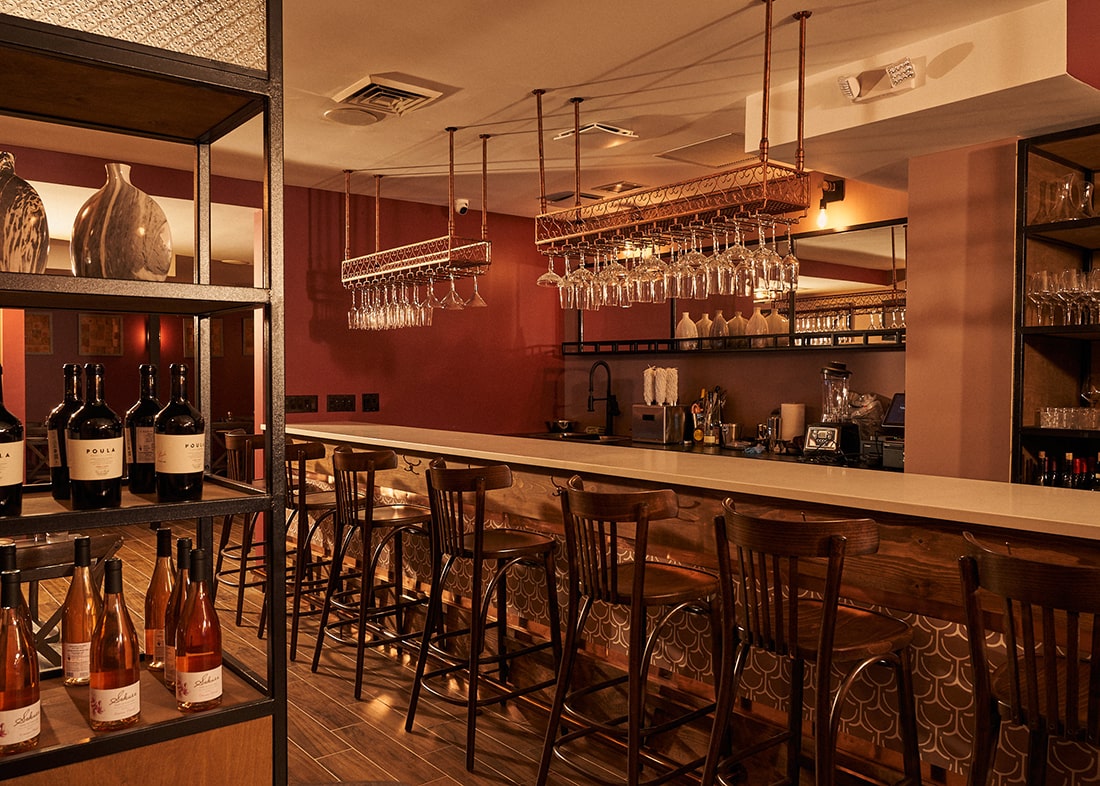
In recent years, the wine industry has experienced a fascinating shift. As more people become conscious of the environmental and ethical implications of their purchases, the demand for biodynamic wines has soared. These wines, known for their natural production methods and complex flavors, are reshaping how we view sustainable viticulture. Whether you’re a seasoned wine connoisseur or a curious newcomer, understanding biodynamic wines can elevate your appreciation for this timeless beverage.
What Are Biodynamic Wines?
Biodynamic wines are crafted using a holistic approach to agriculture that emphasizes the connection between the soil, plants, and cosmos. Originating from the teachings of Rudolf Steiner in the early 20th century, biodynamic farming incorporates organic practices but goes a step further by integrating lunar and astrological cycles into the farming process.
Unlike conventional wines, biodynamic wines:
- Avoid synthetic chemicals and pesticides.
- Utilize composting, cover crops, and natural preparations to enrich the soil.
- Follow specific harvesting and bottling timelines aligned with the lunar calendar.
This meticulous attention to detail results in wines that are not only eco-friendly but also rich in taste and character.
Why Biodynamic Wines Matter
Sustainability at Its Core
One of the most compelling aspects of biodynamic wines is their commitment to sustainability. By prioritizing soil health and biodiversity, these wines support ecosystems and reduce environmental impact. In an era where climate change poses significant challenges to agriculture, biodynamic farming offers a viable solution.
Exceptional Flavor Profiles
The emphasis on natural processes often results in wines with more vibrant and nuanced flavors. Each bottle tells a story of its terroir—the unique combination of soil, climate, and geography that defines a vineyard. For wine lovers, this translates to a tasting experience that is both authentic and unforgettable.
Supporting Small Producers
Many biodynamic wines come from small, independent vineyards that prioritize quality over quantity. By choosing these wines, consumers support artisans dedicated to preserving traditional winemaking practices.
How to Identify Biodynamic Wines
While browsing your local wine bar or store, look for labels certified by organizations such as Demeter or Biodyvin. These certifications ensure that the wine meets rigorous biodynamic standards. Additionally, don’t hesitate to ask your sommelier or retailer for recommendations. Many establishments, like the Tipsy Grape Wine Bar in Brooklyn, specialize in sourcing wines from independent producers, including biodynamic options.
Biodynamic Wines vs. Organic Wines: What’s the Difference?
Although biodynamic and organic wines share similarities, they are not identical. Both avoid synthetic chemicals and prioritize natural farming methods, but biodynamic wines go a step further by incorporating spiritual and cosmic principles. This added dimension can make biodynamic wines particularly appealing to those seeking a deeper connection with their beverages.
Pairing Biodynamic Wines with Food
The diverse flavor profiles of biodynamic wines make them incredibly versatile for food pairing. Here are a few suggestions:
- Light Whites: Pair with fresh seafood, salads, or soft cheeses.
- Rich Reds: Complement hearty dishes like roasted meats, stews, or aged cheeses.
- Sparkling Varieties: Perfect for celebrations, these pair well with appetizers, sushi, or desserts.
For a curated experience, visit wine bars like Tipsy Grape Wine Bar, where knowledgeable staff can guide you in discovering the perfect pairings.
How Biodynamic Wines Are Gaining Popularity
The rise of biodynamic wines is no coincidence. As consumers prioritize health and sustainability, these wines offer a guilt-free indulgence. Events and tastings focused on biodynamic options are becoming increasingly popular, allowing people to explore their unique flavors and stories.
At places like Tipsy Grape Wine Bar, live music events create the perfect ambiance for enjoying biodynamic wines. Walk-ins are always welcome, making it easy to immerse yourself in the vibrant wine culture.
Tips for First-Time Buyers
If you’re new to biodynamic wines, start with these tips:
- Experiment: Don’t be afraid to try different styles and producers.
- Ask Questions: Engage with sommeliers or wine bar staff to learn more about the wines you’re interested in.
- Join Tasting Events: Many wine bars host events where you can sample biodynamic options.
The Future of Biodynamic Wines
As awareness grows, biodynamic wines are poised to become a staple in the wine industry. Their emphasis on sustainability and authenticity aligns perfectly with the values of today’s consumers. Establishments like Tipsy Grape Wine Bar are at the forefront of this movement, showcasing the best of what biodynamic wines have to offer.
Conclusion
Biodynamic wines are more than just a trend—they represent a meaningful shift toward sustainable and ethical winemaking. Their unique flavors, environmental benefits, and rich history make them a worthy addition to any wine lover’s repertoire. Whether you’re enjoying a quiet evening at home or exploring the offerings at a wine bar like Tipsy Grape Wine Bar in Brooklyn, biodynamic wines promise an experience that is both delightful and inspiring.
For more information and a curated selection of biodynamic wines, visit Tipsy Grape Wine Bar. Explore the vibrant world of sustainable winemaking and discover your next favorite bottle today!






Leave a Reply